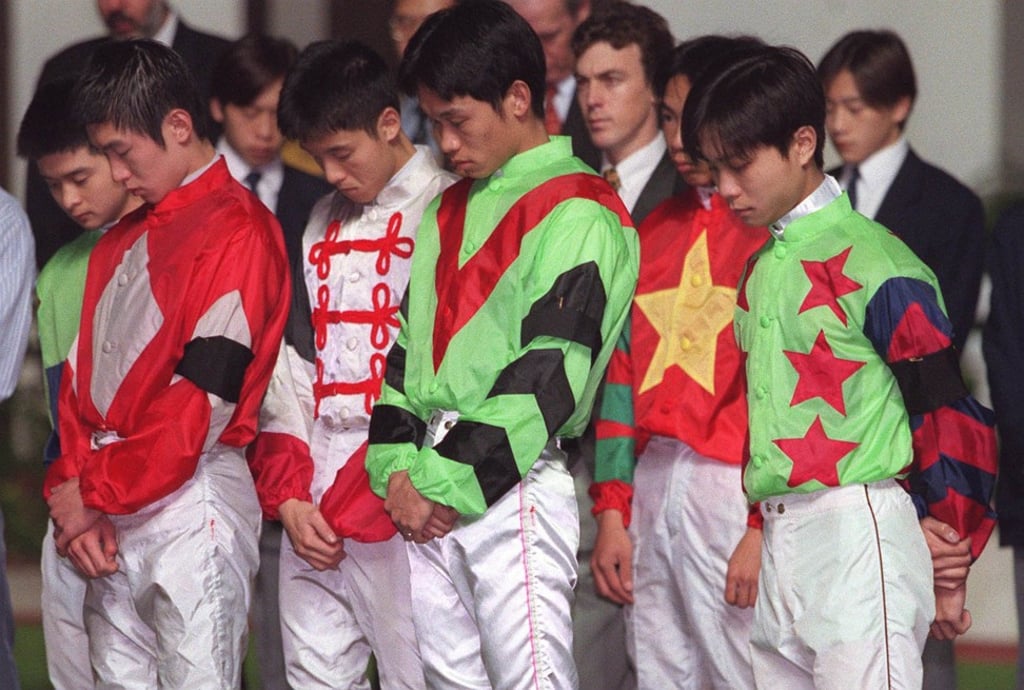What happened on one of the ‘blackest’ days in Hong Kong’s professional horse racing history
Willy Kan was a rising star on the city’s racing circuit and became the first female jockey to ride in the Hong Kong Derby, but tragedy struck when a fatal fall put an end to her brief career

“Woman jockey killed in fall,” ran a South China Morning Post headline on March 22, 1999. “Apprentice jockey Willy Kan Wai-yue was killed in a fall at Sha Tin racecourse yesterday,” the story continued.
Trained by Brian Kan Ping-chee (no relation), the 20-year-old jockey had stepped into the spotlight a year earlier, with her first win in the Ewo Challenge Trophy, at Happy Valley, on February 1, 1998. By March 29, in a report recounting the third victory of her “stellar first season”, the Post noted that “astute punters are starting to catch on” to her potential.
Willy Kan made history when, on March 7, 1999, she became the first female jockey to ride in the Hong Kong Derby. Just 10 days later she recorded the highlight of a short career, winning a double at Happy Valley, which took her tally to 17 triumphs in total.

Tragedy struck on March 21, when she fell from Happy King and was trampled by two other horses.
“Suffering severe head injuries and internal bleeding, she was taken in a semi-conscious state to nearby Prince of Wales Hospital following resuscitation on course,” detailed the March 22 Post article. “She died at 4.45pm.”